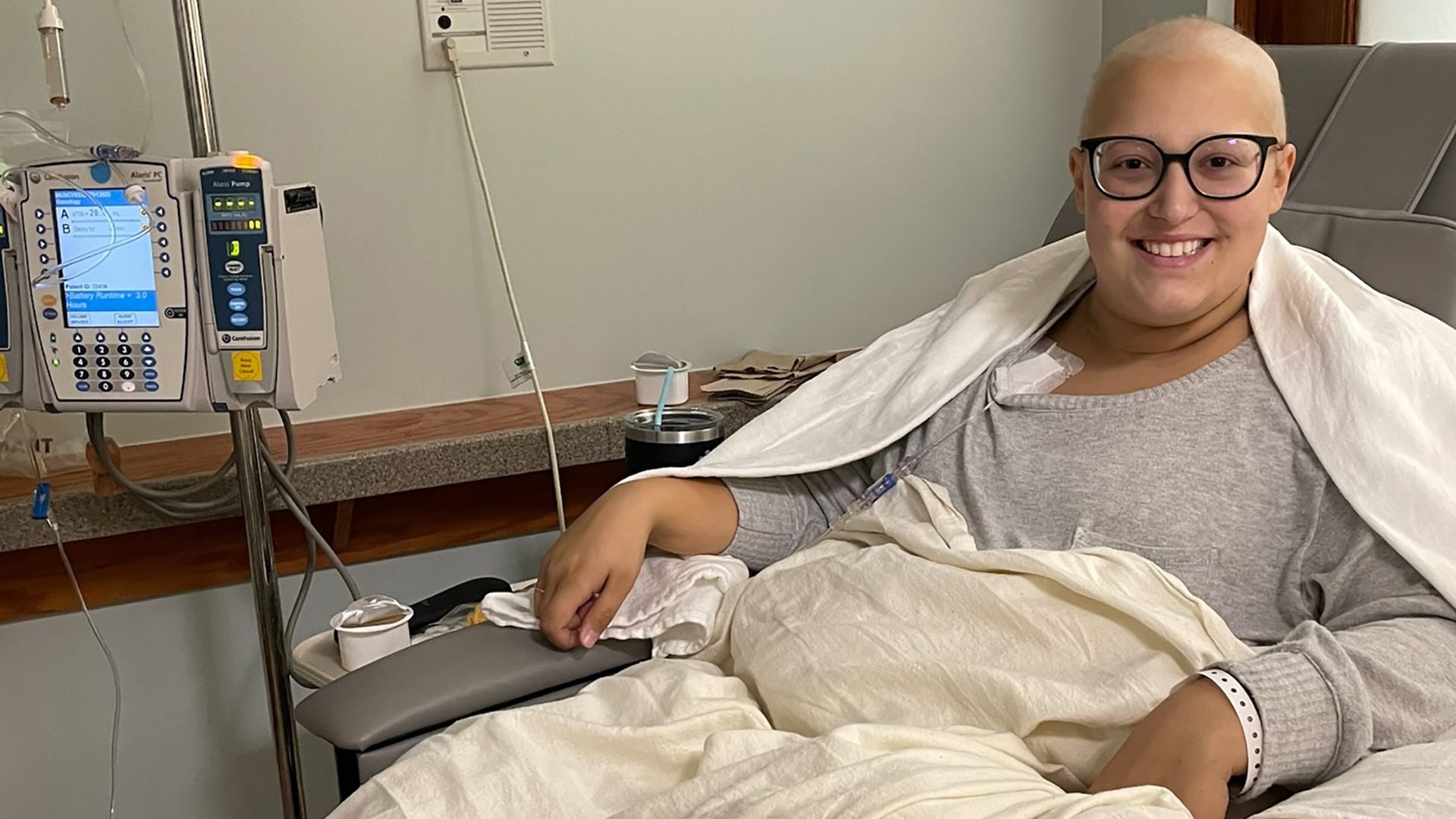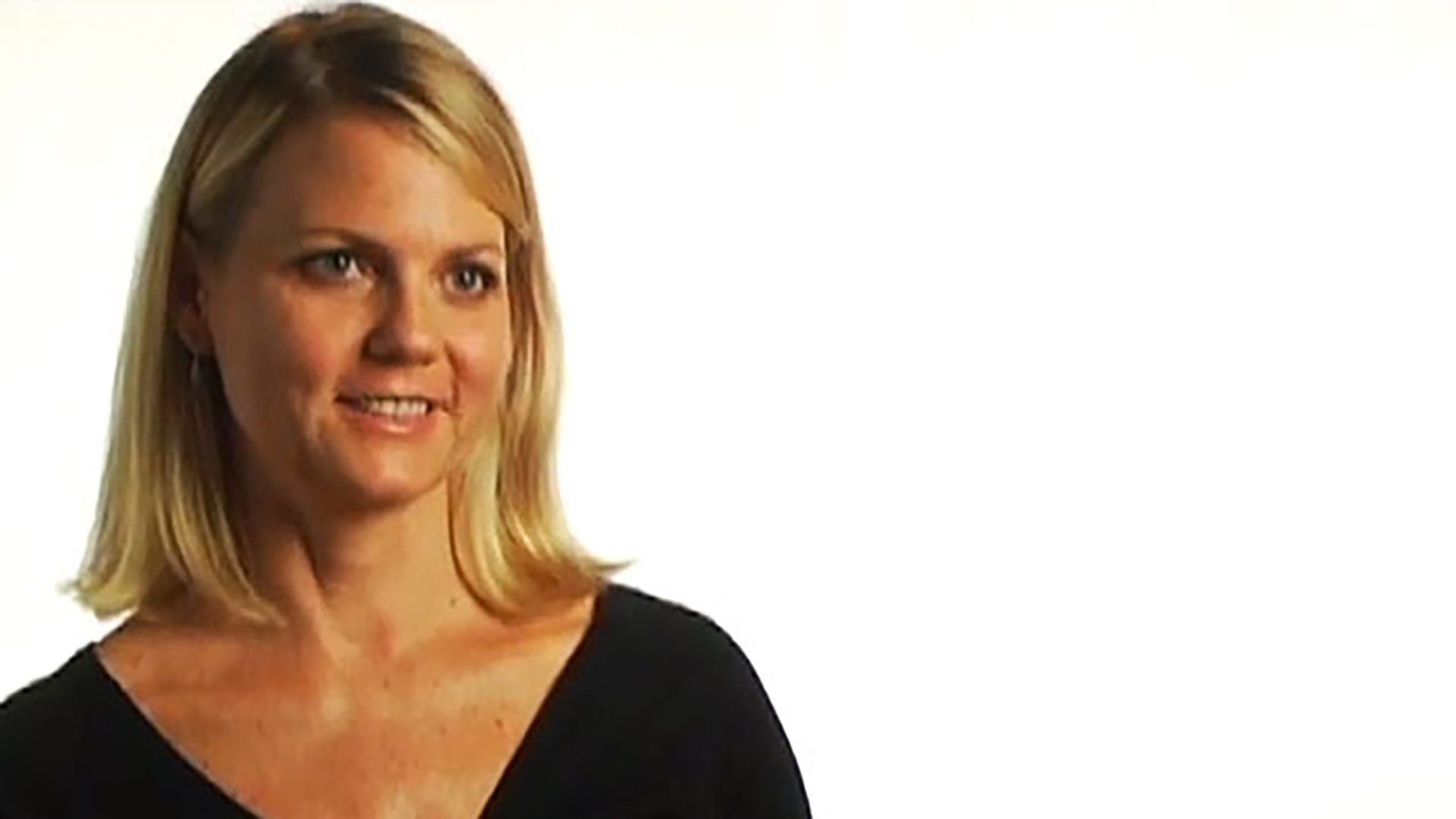Young Adults With Cancer
Young adults (teens to age 39) and adolescents have very specific concerns when they are diagnosed with cancer. This is a time when they want to meet others and form close relationships. It’s a time when they want to focus on school, careers or starting families. A cancer diagnosis can interfere with these important parts of life.

Young adults with cancer may need to depend on others for care and finances at a time when they want to be independent.
They may also be worried about body image, dating and intimacy. Family planning and fertility issues can be a concern and should be discussed before treatment begins. Sharing thoughts and feelings with others, especially other young adults dealing with cancer, can be very helpful.
Watch this short documentary about young adult cancer experiences.
Seek Support From Loved Ones and Friends
- Talk with those you trust about your fears and concerns.
- Let others know when you need help or support.
- Tell others what they can do to be helpful to you.
Young Adult Cancer Support Organizations
Connecting and sharing with other young adults with cancer can be an important part of the healing process. Although there are many information resources for cancer, it can be difficult to find information meant specifically for teens and young adults.
Contact Livestrong Fertility for help with concerns about fertility preservation. Young adults can find out their risks and options.
The Ulman Cancer Fund for Young Adults provides critical information and support services to help with issues unique to adolescents and young adults including:
- Support and networking groups.
- Information about college scholarships and other education concerns.
- Patient advocate/navigator program.
- Network for survivors and loved ones.
The National Cancer Institute also offers information specifically for adolescents and young adults. Read about cancers in young people (ages 15-39) including information about diagnosis, treatment and support resources. And get more information about cancer stages and other terms used to diagnose.

